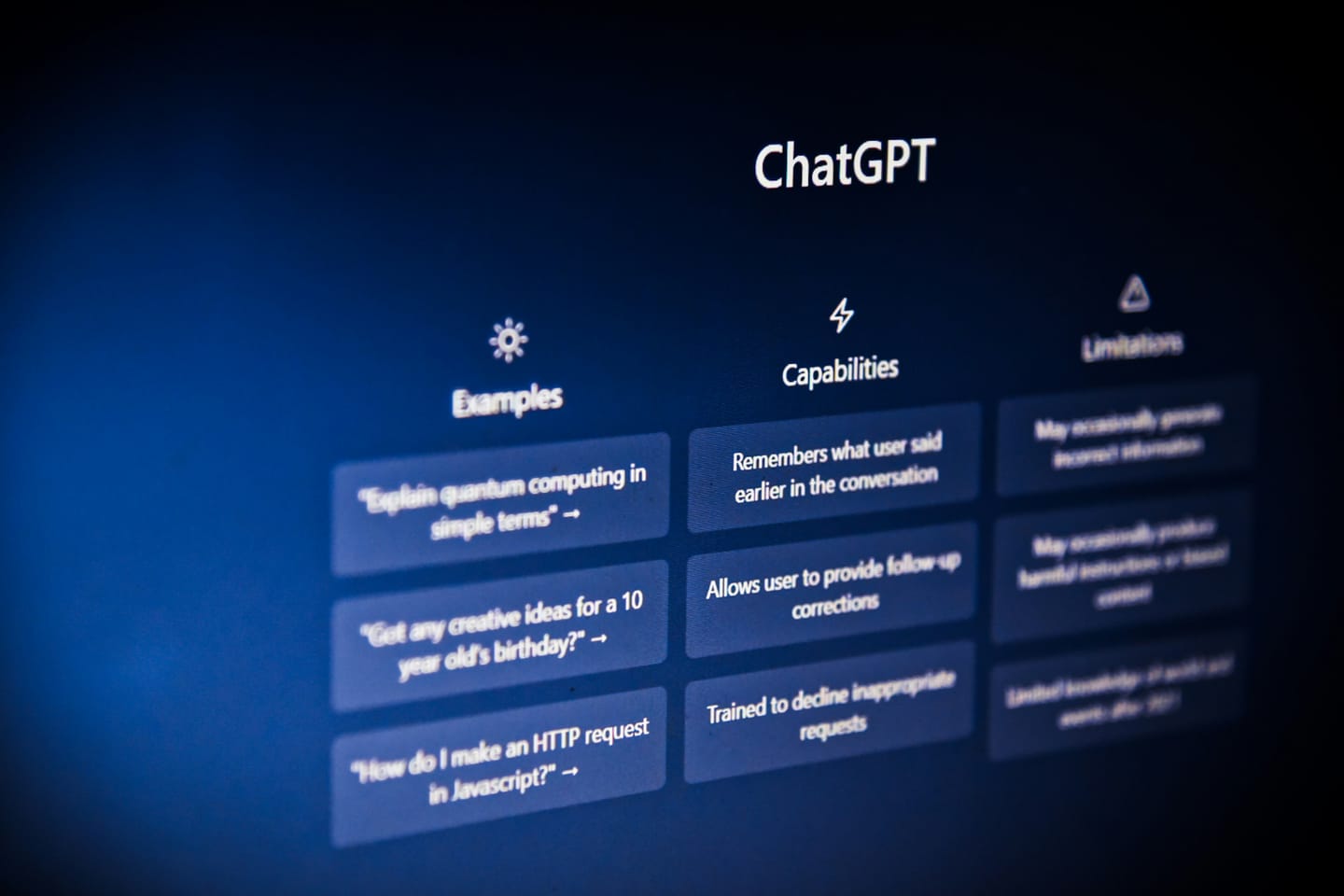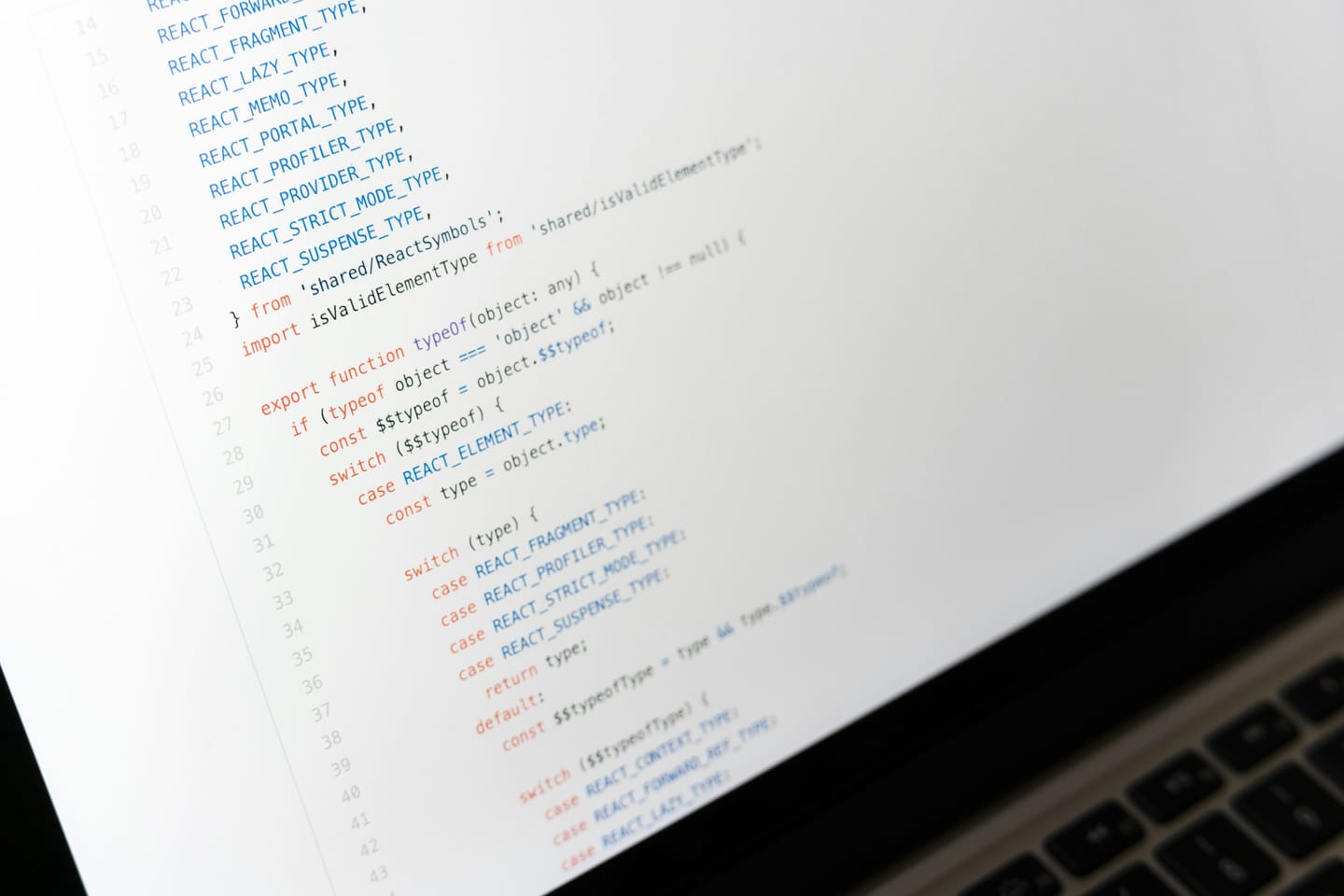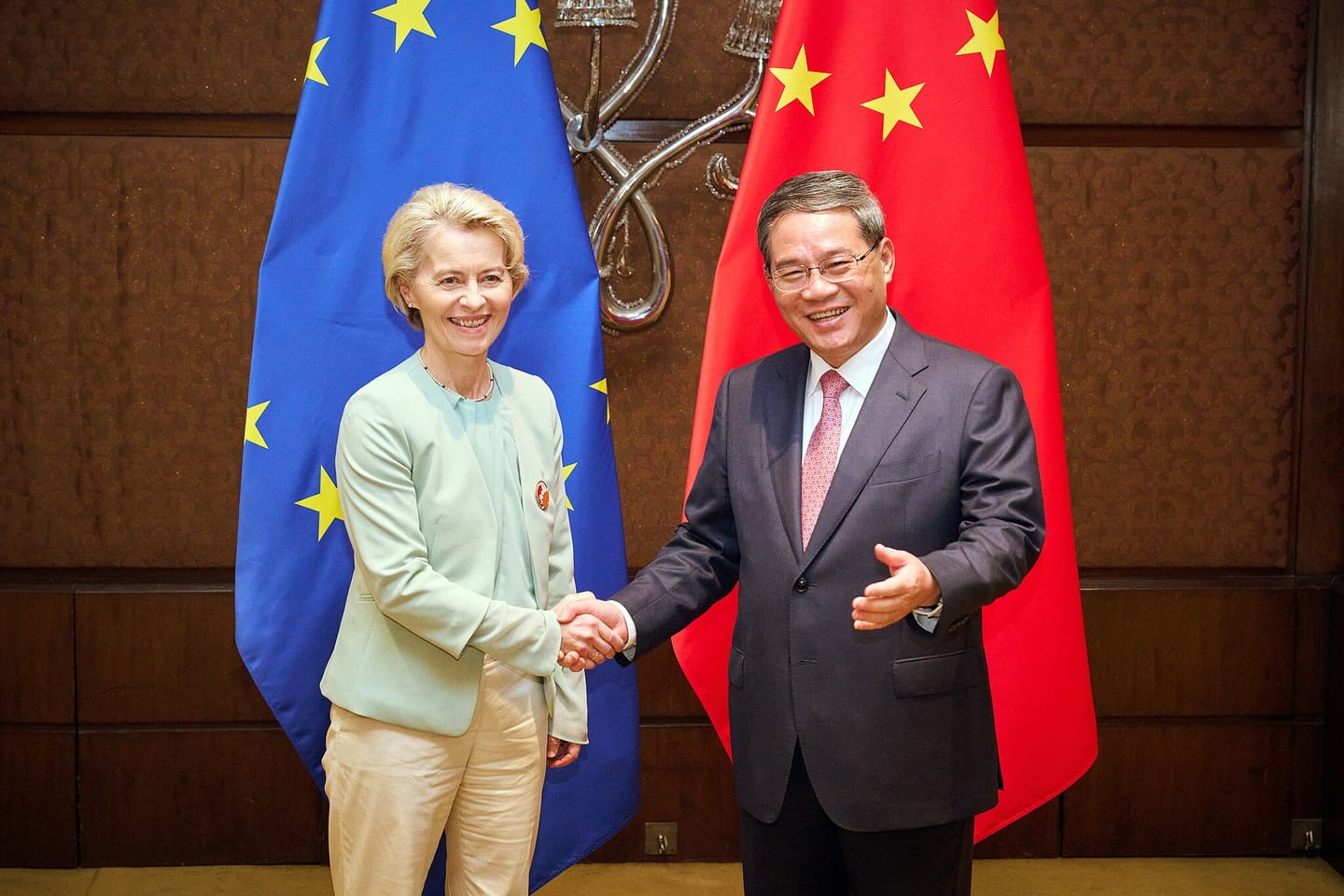OpenAI Considers Introducing Ads to the Free Version of ChatGPT
Sam Altman, CEO of OpenAI, has announced that the company is considering introducing advertisements into the free version of ChatGPT, while paying Plus subscribers would continue to enjoy an ad-free experience. The statement was made during the London stop of the OpenAI Builders Tour, where Altman stressed that adverts would













